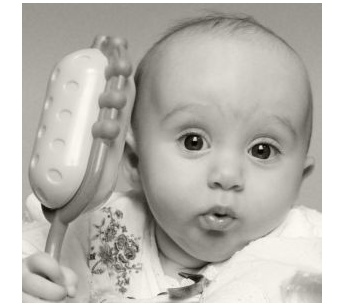 With cold and flu season approaching as it does every fall season, dehydration becomes a real concern for babies. It is probably one of the most common issues facing babies, and it is often ignored or under treated. Left without treatment, dehydration can lead to infant death, as it does in many countries around the world. In fact, it is the number one cause of infant death worldwide.
With cold and flu season approaching as it does every fall season, dehydration becomes a real concern for babies. It is probably one of the most common issues facing babies, and it is often ignored or under treated. Left without treatment, dehydration can lead to infant death, as it does in many countries around the world. In fact, it is the number one cause of infant death worldwide.
Fortunately, with modern medicine at our disposal, as well as some knowledge, we can prevent serious cases of dehydration. Read on to find out what you need to know to protect your baby.
What causes dehydration? Dehydration occurs when there is not enough fluids in the body. Most often this occurs when a child is sick. A combination of frequent vomiting and diarrhea can quickly make things go south, as the baby loses vital fluids faster than they can be replaced. A reluctance to take in fluids because of feeling ill can exasperate the problem. Excessive sweating due to heat or a fever can also cause dehydration. Poor feeding due to jaundice or difficulty with breastfeeding may also cause dehydration.
An additional issue is that water is no usually recommended to be given to infants. Instead, frequent feedings as well as getting the other symptoms under control is the first line of defense. Dehydration can come on very quickly. An infant who is vomiting or has diarrhea should be taken to the pediatrician right away, before serious dehydration can set in. Have Pedialyte on hand in case your doctor authorizes its use.
Signs of dehydration include crying without tears, a sunken soft spot, more than six hours without a wet diaper, dry and parched mouth, listlessness and dark urine. If your child has these signs, get to a doctor right away. Your baby may be tested and given IV fluids. While this may seem scary, it is important to get fluids into your baby as quickly as possible.
Click here for more articles by Mary Ann Romans.
This Winter Will Be a Cold One!
Bottle Feeding Past 15 Months Linked to Iron Deficiency

